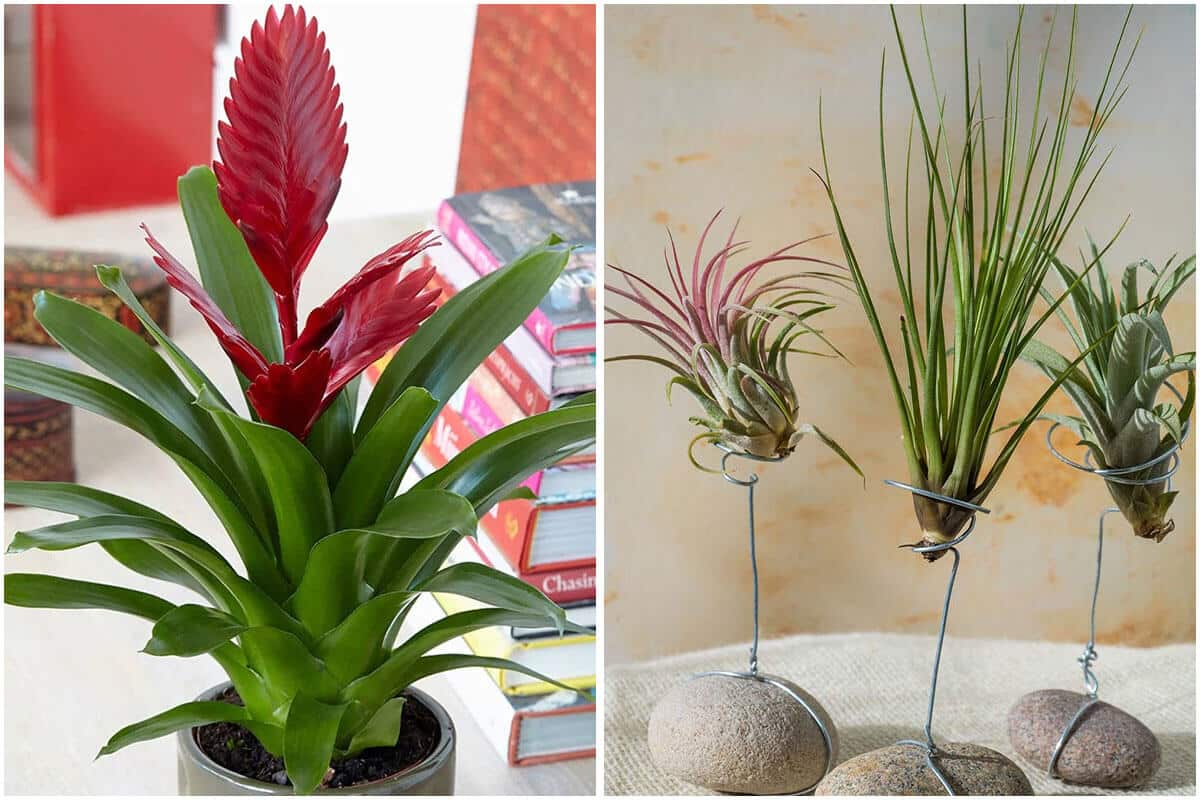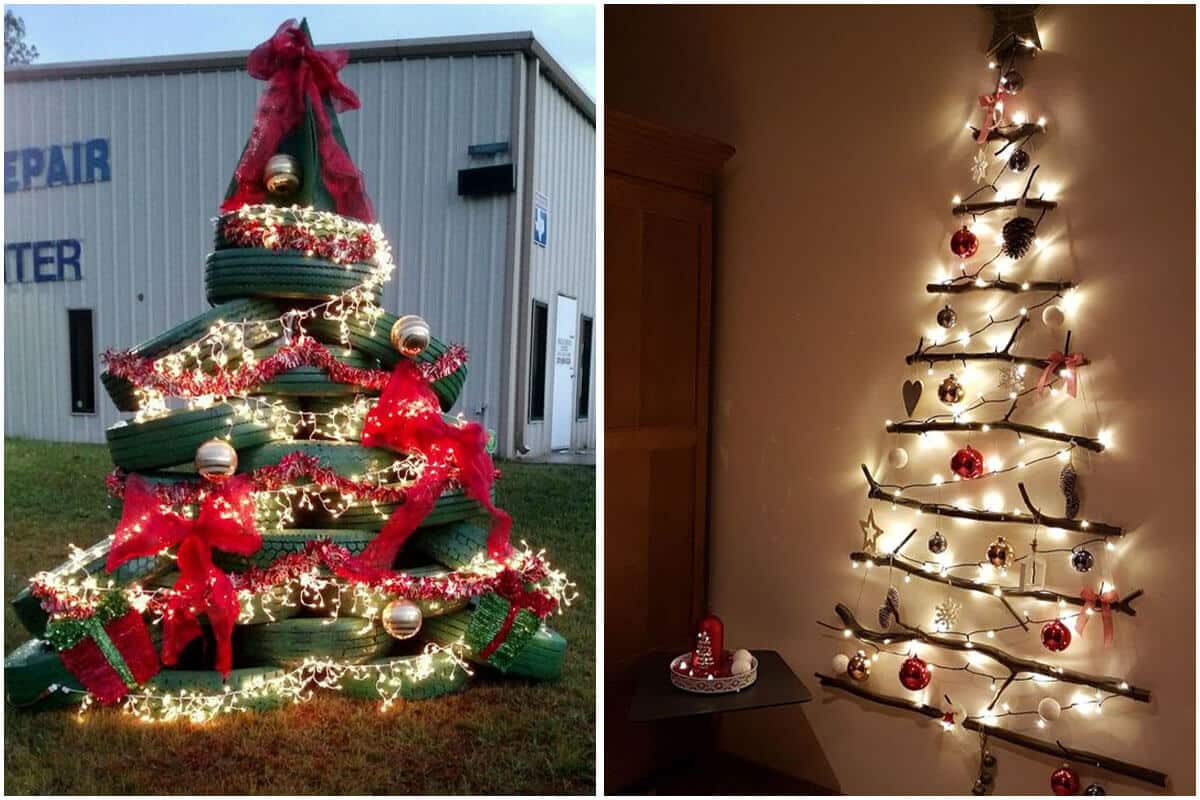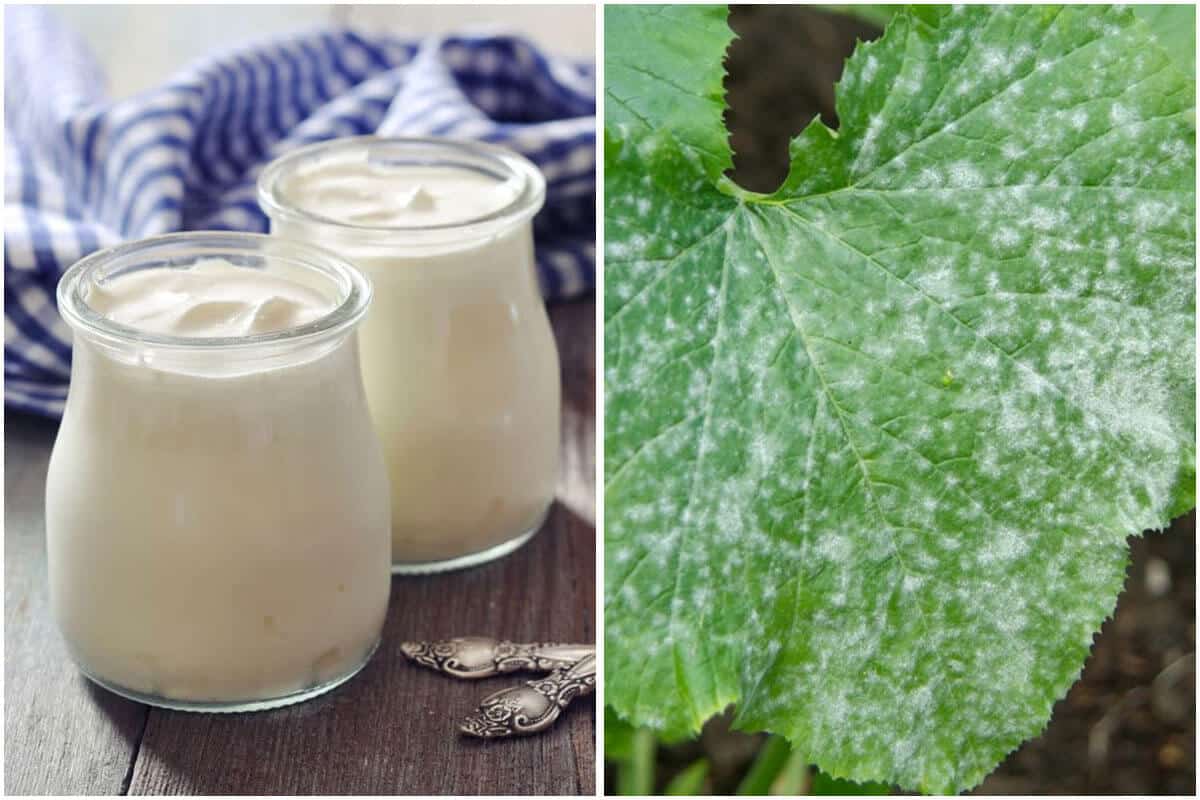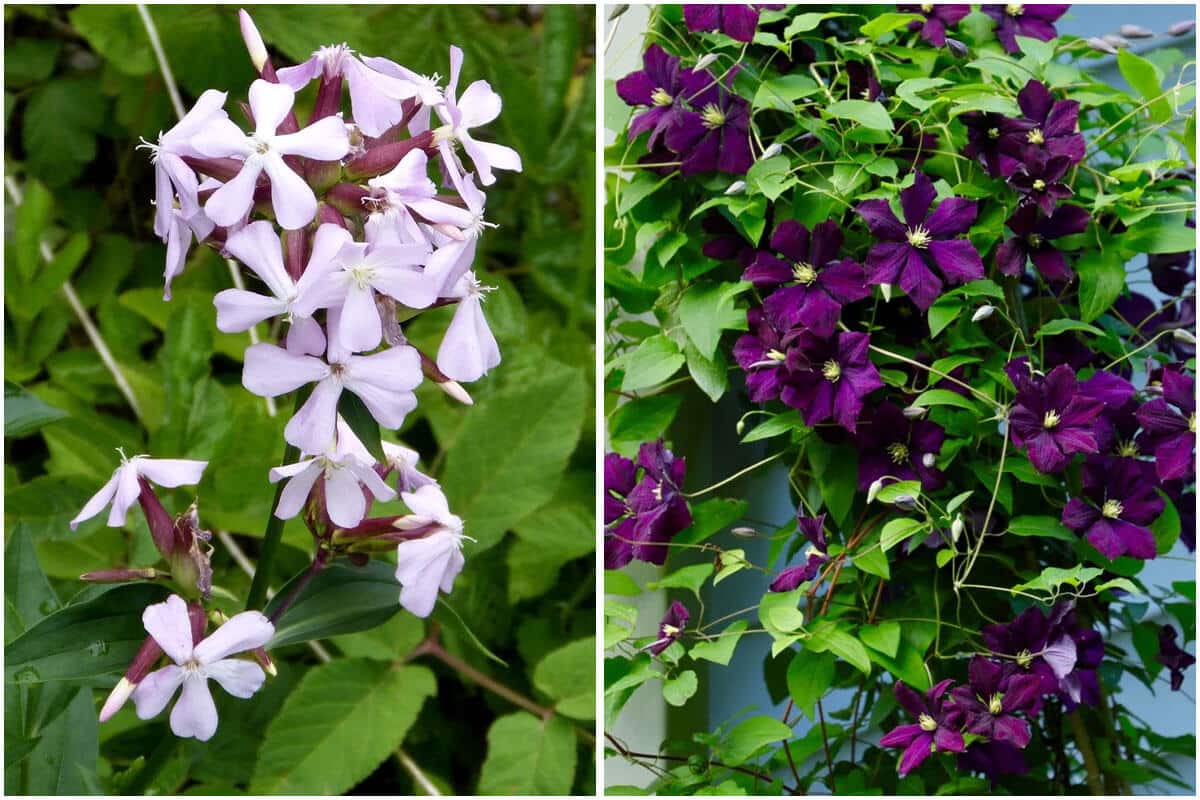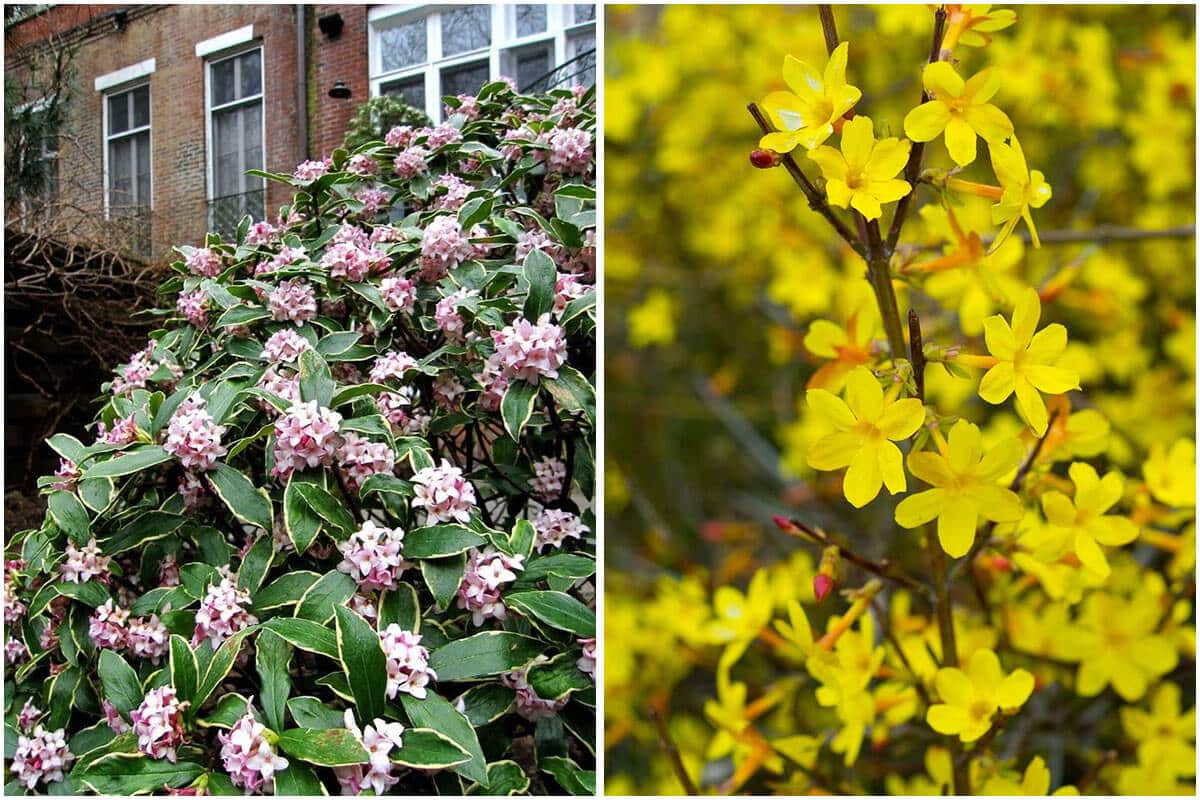Making compost at home brings a lot of benefits. It will help improve soil structure, water retention, and aeration. It also adds important micronutrients that increase the activity of bacteria in the soil, help the nutrient-rich soil and plants grow well. Compared to the use of inorganic fertilizer which will make the soil less fertile after a period of planting, the use of organic fertilizer is better, your vegetable garden is greener and your health is more guaranteed.
That is the reason why we want to share ways to compost at home in the post today. And if you’ve been composting for a while now, you’re likely aware of the long list of compostable items you can add to your pile, as well as a few materials that really don’t belong in a healthy compost heap. While there are certain items that are more difficult to compost, pretty much anything of organic origin can be composted or otherwise recycled. Are you ready to read them? Start now.
#1 Any Part Of The Walnut Tree
Walnut produces juglone, a compound that is toxic to many juglone-sensitive plants such as tomatoes, peppers, eggplant, cabbage, and asparagus but there are many more that are tolerant of juglone. Walnut tree waste can be made into compost. So if you have an abundance of walnut waste, let keep it in a separate compost heap and only use the finished humus on juglone-tolerant plants.
#2 Tea Bags
Tea leaves make for an excellent addition to the compost since they contain nitrogen, tannic acid, and trace nutrients that boost the activity of beneficial microorganisms, increase oxygenation, improve soil quality and create stronger root systems. Tea bags, on the other hand, are often made a heat-resistant plastic mesh. So it could leach chemicals, like BPA, into your compost pile.
#3 Meat and Bones
Meat and Bones are both valuable organic fertilizers that are so good for your plant with many nutrients, and these help your plant grow strong and fast. To do this, let use a composting bin ( is one of the most an earth-friendly way) to quickly break down meats. In the way, it won’t cause a stink and is completely inaccessible to insects and scavengers.
#4 Cooking Oil
Putting cooking oil into your compost is widely discouraged and for good reason – not only is it alluring to vermin, it tends to coat your organic materials with a water-resistant barrier, which reduces air flow and slows down the decomposition process. Though synthetic oils should never go into the compost, you can, however, pour very small quantities of plant oils and animal fats into the bin – such as sunflower oil, olive oil, suet, and lard.
#5 Dairy Products
Dairy products like milk, cheese, butter, yogurt, and ice cream added to the compost will usually generate a foul odor that will captivate the local fauna. While a Bokashi system or trench composting are viable dairy disposing options, simply ensuring the compost pile is rich in “brown” carbon materials, increasing airflow by regularly aerating the heap, and making sure the dairy products are always buried deeply within the pile are ways to prevent the smell and thwart critters.
#6 Weeds and Diseased Plants
You can use these materials as feedstock for your compost, as long as you sterilize them with heat. Weed seeds and most pathogens will be destroyed when kept at a consistent temperature of 130F to 140F for three days. If you’re a cold composter, you can still avoid chucking these organics in the garbage – just seal them up in a black plastic bag (ensuring the bag is free of holes) and place it in sunny spot for a month. Check the contents occasionally to ascertain whether they are sufficiently fried – they should be completely dried out and crunchy – and then toss them in the compost.
#7 Old Clothes
Natural fibers derived from plants and animals, such as wool, cotton, hemp, silk, linen, down feathers, and leather will break down in the compost, though the process will be quite slow. One way to speed things up is to chop them up into smaller pieces before adding them to the pile. Before you toss clothes into your compost, however, really make sure they are made from natural sources.
#8 Grass Clippings
High in water content and rich in nitrogen, at first glance grass clippings would seem like the perfect “green” material to add to your compost.
#9 Pet Waste
Chicken manure is a great addition to your compost. Animal manure sourced from cows, goats, sheep, rabbits, chickens, llamas, hamsters, and other herbivores are rich in nitrogen, beneficial aerobic bacteria, and are perfectly good additions to the compost. (Using waste from dogs, cats, and other carnivores, however, is generally considered a no-no).









